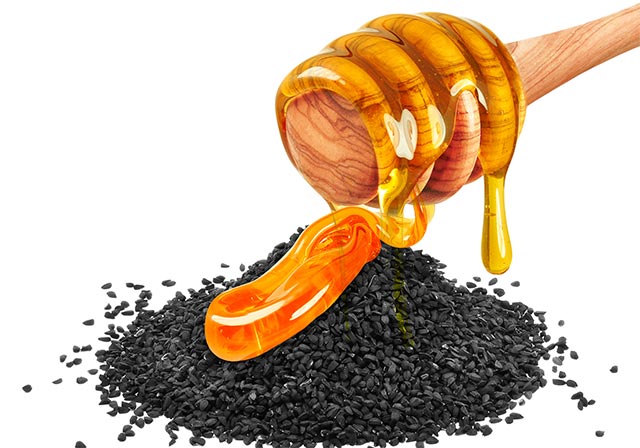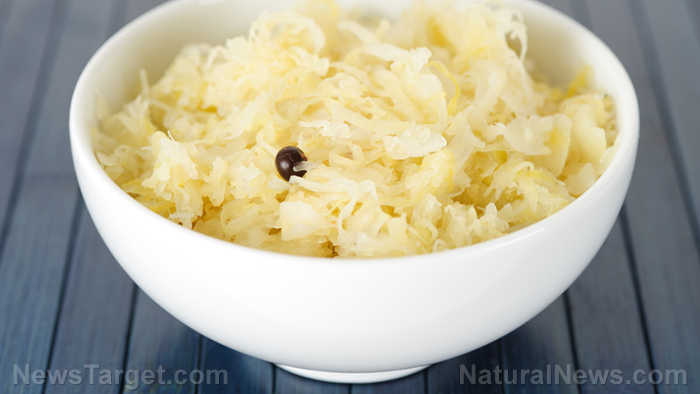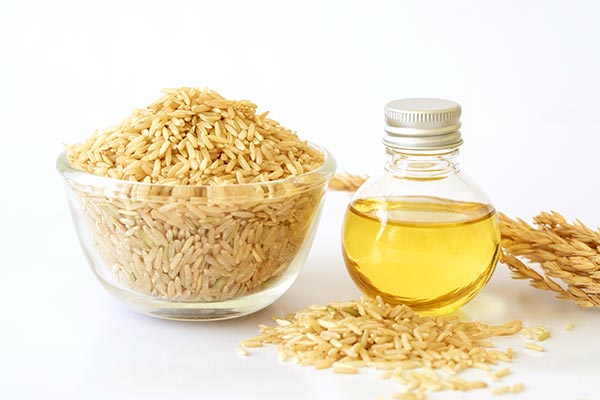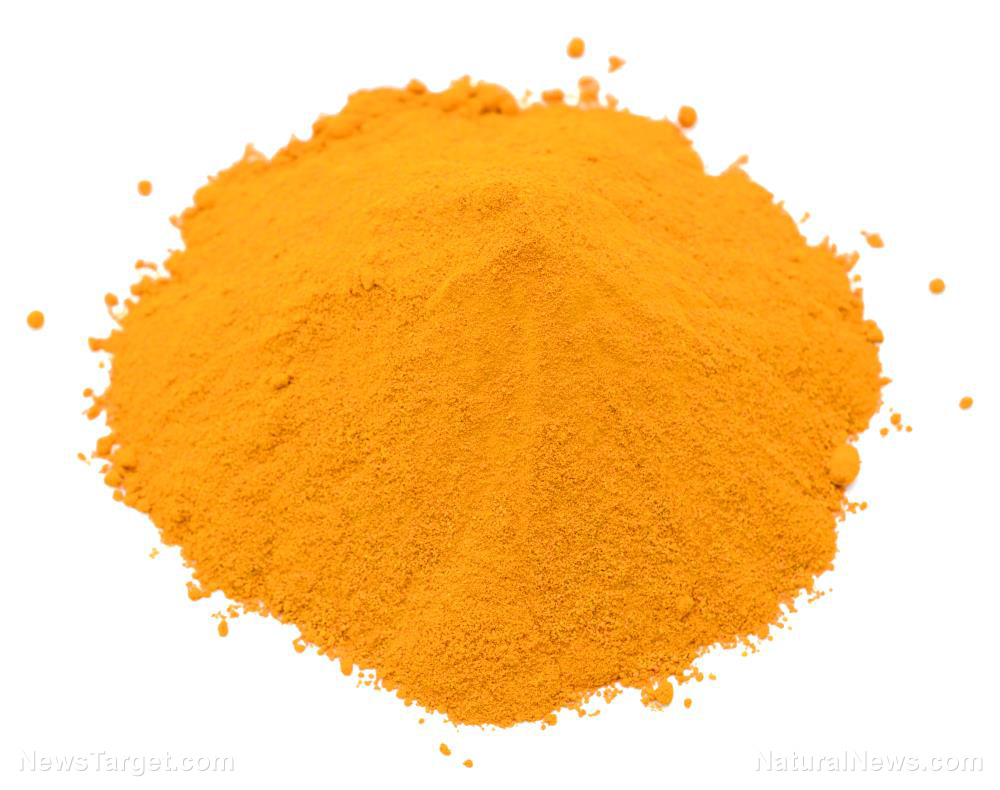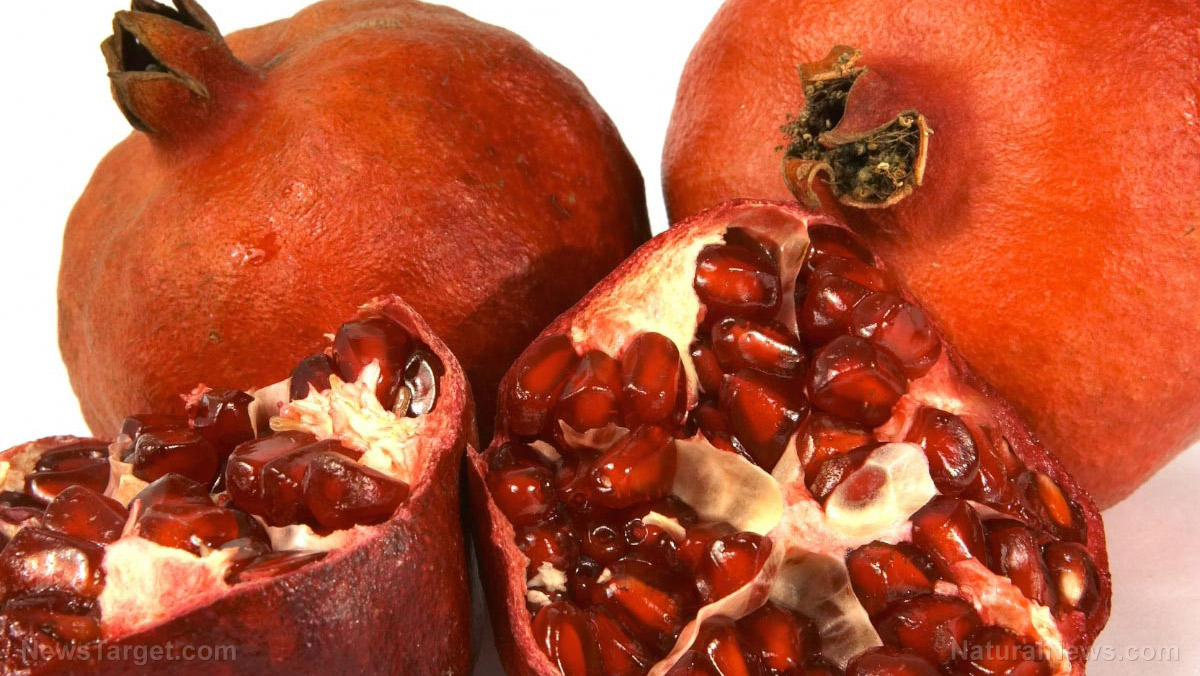Investigating the anti-diabetic effects of fucoidan
02/11/2020 / By Evangelyn Rodriguez
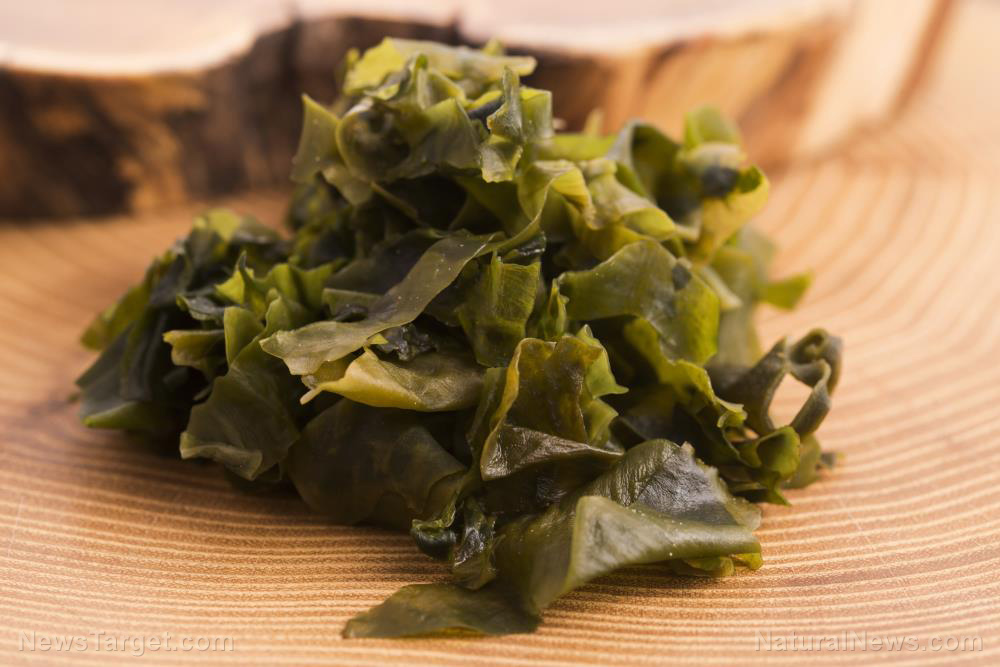
In this study, researchers from The Catholic University of Korea investigated the effects of fucoidan on lipid accumulation, lipolysis and glucose uptake in 3T3-L1 cells. Their findings were published in the journal Nutrition Research.
- Fucoidan is a sulfated polysaccharide found in brown seaweed. It has been shown to reduce blood glucose levels and improve insulin sensitivity in mice.
- The researchers hypothesized that fucoidan has anti-diabetic activities and could act directly on adipocytes (fat cells).
- To test their hypothesis, the researchers treated 3T3-L1 cells with 10, 50, 100 and 200 micrograms per milliliter (mcg/mL) of fucoidan from Undaria pinnatifida (wakame).
- They used Oil Red O staining and AdipoRed assay to determine lipid accumulation during adipocyte differentiation.
- Fucoidan reduced lipid accumulation and glycerol-3-phosphate dehydrogenase (GDPH) activity in a dose-dependent manner.
- Fucoidan also suppressed the expression of peroxisome proliferator-activated receptor y (PPAR-y), a major transcription factor associated with adipocyte differentiation.
- In addition, fucoidan treatment stimulated glucose uptake in normal adipocytes and restored insulin-stimulated glucose uptake in obesity-induced insulin resistant adipocytes.
- In the presence of RAW 264.7 macrophages, fucoidan enhanced epinephrine-stimulated lipolysis but reduced basal lipolysis.
Based on these results, the researchers concluded that fucoidan exerts its anti-diabetic effects by improving insulin-stimulated glucose uptake and inhibiting basal lipolysis in adipocytes without inducing adipogenesis.
Journal Reference:
Sim SY, Shin YE, Kim HK. FUCOIDAN FROM UNDARIA PINNATIFIDA HAS ANTI-DIABETIC EFFECTS BY STIMULATION OF GLUCOSE UPTAKE AND REDUCTION OF BASAL LIPOLYSIS IN 3T3-L1 ADIPOCYTES. Nutrition Research. May 2019;65:54–62. DOI: 10.1016/j.nutres.2019.02.002
Tagged Under:
RECENT NEWS & ARTICLES
COPYRIGHT © 2017 SUPERFOODS NEWS


